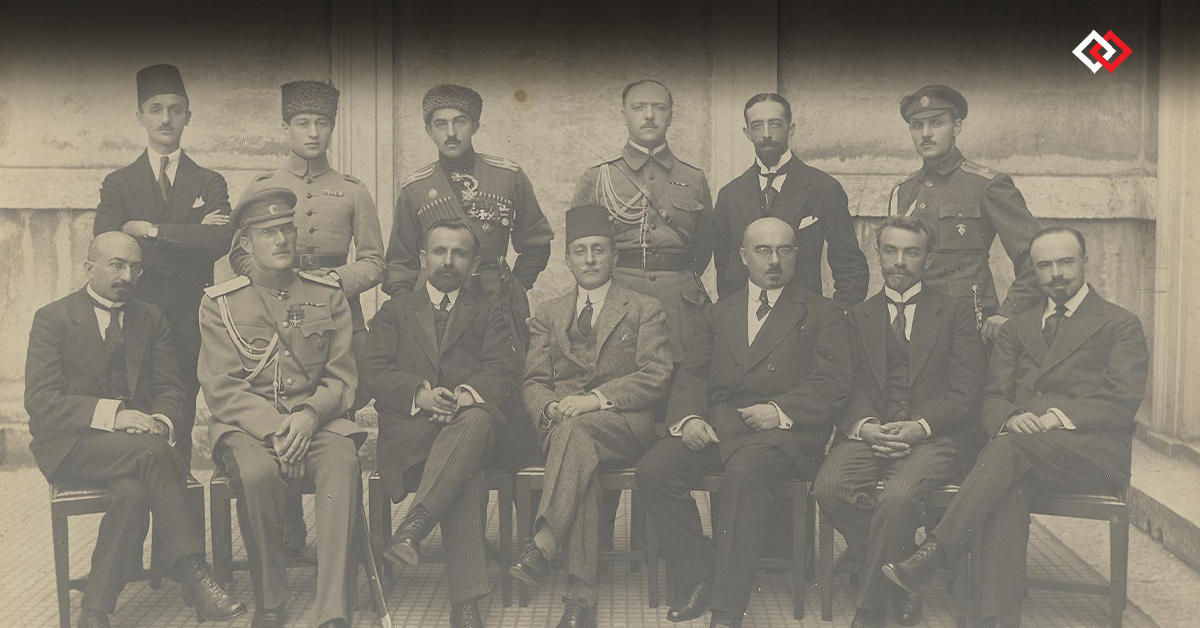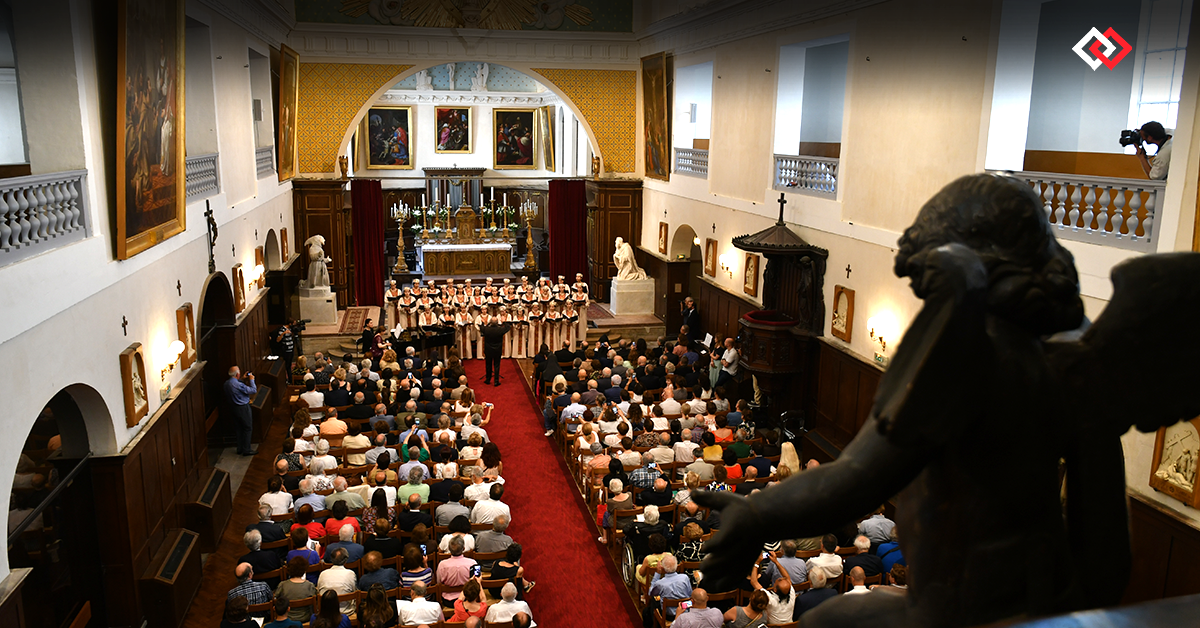Avédis Aharonian, the poet went to Constantinople in 1918 as the head of the diplomatic mission (in the absence of diplomatic personnel), with the Prime Minister and the Minister of Foreign Affairs of the First Armenian Republic, and stayed there for four months to negotiate with the bloodthirsty Enver and Talaat pashas. This diplomatic act was a proper step to take for any chancellery dealing with a neighboring country that seeks to make you disappear from the face of the Earth. Returning back to Armenia, Aharonian publicly presented the issues discussed with the Turks; no hysteria occurred in the parliament or the media, and the members of the delegation were not branded as traitors. Nowadays, once a political leader of any level talks about a dialogue with Ankara, he will be considered a traitor, a vengeful person, even his Armenian origin will be brought into question. Unfortunately, this deep-seated blindness reflects our political culture of today. Is this the result of 70 years of communist rule or the lack of a state tradition buried for 700 years? Meanwhile, our neighbor to the west has a 700-year-old state tradition, inherited from Byzantium, combined with the vandalism of the Mongolian Empire of Genghis Khan. Yet we have to state, that regardless the outcome is beneficial or not, dialogue does not mean signing a diplomatic convention or a diplomatic treaty and doesn’t qualify the diplomat as a traitor.
Zaven Gudsuz: an economist, graduated from the University of Nantes in France.
Read the full oiginal article on https://www.nouvelhay.com/2021/11/les-negociateurs-ne-sont-pas-plus-des-traitres-aujourdhui-que-lors-de-la-1ere-republique-darmenie/.
Read also about the negatiations on http://www.aniarc.am/2021/08/12/enver-ultimatum-1918-entente-confederation-1918/




